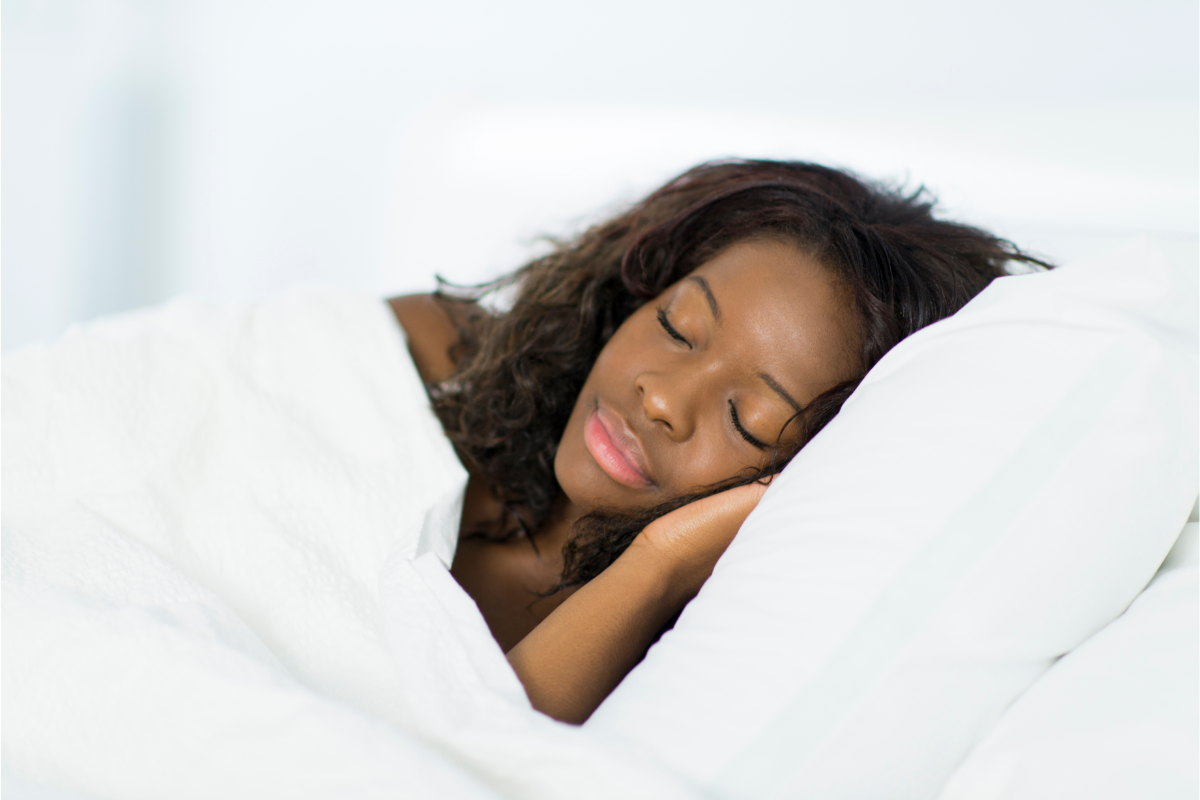We probably don’t need to work too hard to convince you that sleep is essential. It’s an important part a healthy lifestyle, but the real challenge lies in answering this question:
How can we get more—and better quality—sleep?
Stick to a sleep schedule
Consistency is key. Going to bed and waking up at the same time every day is the foundation of good sleep hygiene. It might take some trial and error to find a schedule that aligns with your energy levels and lifestyle. However, once you find a schedule, your body’s internal clock will adjust, making it easier to fall asleep and wake up naturally. If you have a smartwatch, use it to track your sleep patterns and set reminders for bedtime.
Establish a nighttime routine
A bedtime routine signals to your mind and body that it’s time to wind down. Consider incorporating calming activities like:
- Meditation: New to it? Try guided sleep meditations from apps like Calm or Headspace
- Caffeine-free tea: Herbal teas like chamomile or peppermint are great choices.
- Stretching: Gentle stretches can relax your muscles and release tension.
- Skincare: A soothing skincare routine or face massage can help you decompress.
- Journaling: Write down your thoughts or reflect on your day.
- Reading: Choose something light and relaxing.
- A warm bath or shower: The temperature shift signals your body to prepare for sleep.
Your routine doesn’t have to be long—just 20 minutes of intentional, calming activities can significantly enhance your sleep quality.
Create a sleep-friendly environment.
Your bedroom should be a sanctuary for rest. Aim for an environment that is:
- Dark: Use blackout curtains or an eye mask to block out light.
- Cool: Studies show that a cooler room (60–72°F) promotes deeper, more restful sleep.
- Quiet: Eliminate disruptive noises with earplugs, a white noise machine, or apps like White Noise Lite .
Turn off screens at least 30 minutes before bedtime to reduce blue light exposure, which can interfere with your body’s circadian rhythm.
Prioritizing your nighttime routine and sleep environment can significantly improve your quality of life. Good sleep contributes to better health, enhanced mood, sharper brain function, and overall well-being. Conversely,, poor sleep can lead to cognitive decline, hormone imbalances, breathing issues, unhealthy cravings, and an increased risk of chronic diseases.
Getting more—and better quality—sleep is one of the most impactful steps you can take toward a healthier, happier life.

